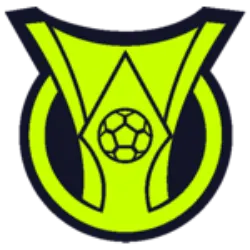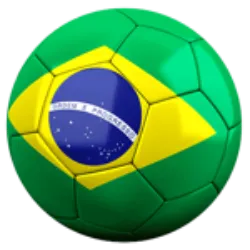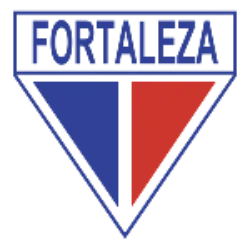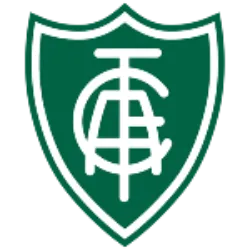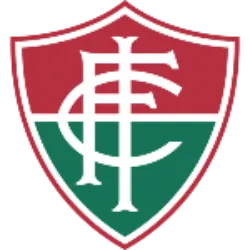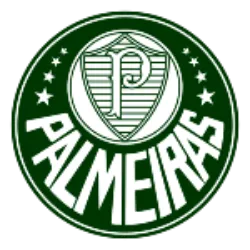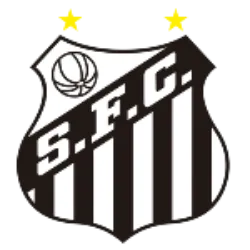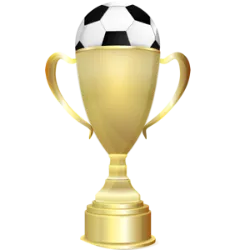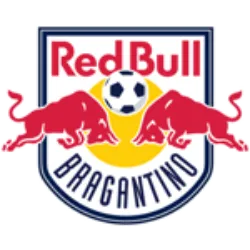On March 25, 1908
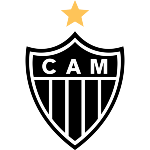
On March 25, 1908, a group of 22 students gathered at the bandstand in the Municipal Park of Belo Horizonte to found the Athlético Mineiro Football Club, which five years later became Clube Atlético Mineiro (CAM).
If throughout its centenary history Atlético revealed great players to Brazil

If throughout its centenary history Atlético revealed great players to Brazil, its first revelation, back in 1909, was in the field of literature: the first Galo goal in history was scored by Aníbal Machado, who would later become a poet and writer. , famous mainly for the work “Journey to the breasts of Duília”.
Test yourself with one of these challenges 👇
Discover some interesting facts about Atlético mineiro
The nickname Rooster was given in the 1930s

The nickname Rooster was given in the 1930s, inspired by a white and black rooster that, at the time, was unbeatable in Belo Horizonte's fights. In 1945, cartoonist Fernando “Mangabeira” Pieruccetti helped publicize the nickname by designing the mascot for the newspaper A Folha de Minas. But it was in the 1950s that the name really stuck, with the help of midfielder Zé do Monte, who entered the field with a rooster under his arm in every match.
The nickname Rooster was given in the 1930s

The nickname Rooster was given in the 1930s, inspired by a white and black rooster that, at the time, was unbeatable in Belo Horizonte's fights. In 1945, cartoonist Fernando “Mangabeira” Pieruccetti helped publicize the nickname by designing the mascot for the newspaper A Folha de Minas. But it was in the 1950s that the name really stuck, with the help of midfielder Zé do Monte, who entered the field with a rooster under his arm in every match.
In 1981

In 1981, Galo participated in one of the most controversial episodes in the history of Brazilian teams in Libertadores. Atlético lost by W.O. against Flamengo, in an extra game, on a neutral field, for a tiebreaker in the first phase of the tournament. The match started tense and, at 32 minutes of the first half, when the referee José Roberto Wright had already distributed 5 yellow cards, the athletic Reinaldo was expelled after giving a tackle to Zico. Before the end of the first half, another 4 Galo players were expelled and the match was ended, as it is not possible to continue playing with only 6 players from a team on the field.
On November 11, 1927, Atlético Mineiro beat Palestra Itália by 9 x 2

On November 11, 1927, Atlético Mineiro beat Palestra Itália by 9 x 2. At the time, the team, which would later become Cruzeiro, was not yet Galo's biggest rival, but over the years the Atlético fans rescued the rout to provoke the Cruzeirenses eternally.
In 1929

In 1929, Atlético Mineiro played the first international match for a team from Minas Gerais: they beat the Portuguese champion, Vitória de Setúbal, by 3 x 1 in Belo Horizonte.
Test yourself with one of these challenges 👇
HOME
